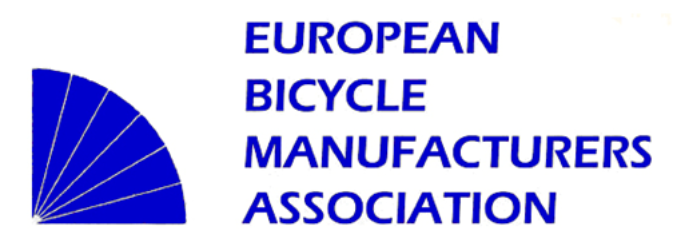The United States Trade Representative (USTR) published this report in January 2018 to focus on the following topic:
After its accession to the World Trade Organization (WTO) in 2001, China was supposed to revise hundreds of laws, regulations and other measures to bring them into conformity with its WTO obligations, as required by the terms set forth in its Protocol of Accession. U.S. policymakers hoped that the terms set forth in China’s Protocol of Accession would dismantle existing state-led policies and practices that were incompatible with an international trading system expressly based on open, market-oriented policies and rooted in the principles of nondiscrimination, market access, reciprocity, fairness and transparency. But those hopes were disappointed. China largely remains a state-led economy today, and the United States and other trading partners continue to encounter serious problems with China’s trade regime.
Meanwhile, China has used the imprimatur of WTO membership to become a dominant player in international trade. Given these facts, it seems clear that the United States erred in supporting China’s entry into the WTO on terms that have proven to be ineffective in securing China’s embrace of an open, market-oriented trade regime.
The complete report can be found here.

